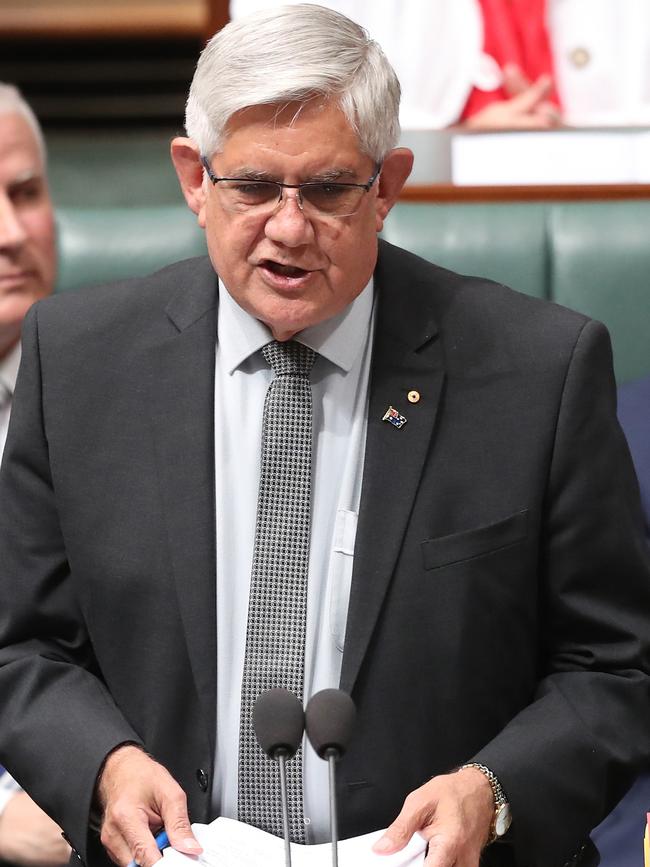Aged care shame: Elderly residents tied up, drugged
ELDERLY Queenslanders are being tied down, locked up and doped with tranquillisers in some nursing homes, two state government watchdogs have warned.
QLD News
Don't miss out on the headlines from QLD News. Followed categories will be added to My News.
ELDERLY Queenslanders are being tied down, locked up and doped with tranquillisers in some nursing homes, two state government watchdogs have warned.
Public Advocate Mary Burgess and Public Guardian Natalie Siegel-Brown – who fight for the rights of vulnerable Queenslanders in care – today called on the Federal Government to draw up new rules for the restraint of aged-care residents.
Ms Burgess said some nursing homes restrained or sedated residents in “institutionalised elder abuse’’.
“I find it difficult to understand why no action has been taken by the Commonwealth Government to address restrictive practices, when on a daily basis aged-care residents across the country are being subjected to physical and chemical restraint and seclusion without any oversight or accountability,’’ she said.
Federal Aged Care Minister Ken Wyatt told The Courier-Mail today that “any inappropriate use of restraint will not be tolerated’’.
“A priority for the chief clinical adviser within the new and independent Aged Care Safety and Quality Commission will be to monitor and advise on the use of restraint,’’ he told The Courier Mail.

Mr Wyatt said new quality standards for aged care would minimise the use of restraint.
“This includes all forms of restraint: physical, chemical, environmental, psychological and emotional,’’ he said.
Mr Wyatt said the advice from Queensland’s Public Advocate and Public Guardian were valuable input to the terms of reference for the upcoming royal commission into aged-care abuse.
Ms Siegel-Brown said nursing home residents were among Australia’s most vulnerable citizens.
“Too often they have no one in their corner to advocate for them, leaving them open to continued abuse through the unregulated use of restraints,’’ she said.
Ms Siegel-Brown called on the federal government to extend Queensland’s community visitor program to cover nursing homes.
Community visitors are government inspectors who make unannounced visits to disability accommodation and mental health services to check on the welfare of residents.
The Office of the Public Guardian revealed this year it had rescued a woman with Down syndrome who had been admitted to a nursing home, where she was tied screaming to a chair for 12 hours a day.
The Australian Medical Association has also criticised nursing homes for asking doctors to prescribe sedatives to make residents with dementia or behavioural problems “easier to handle’’.
A study of 150 Australian aged-care homes, published in the Medical Journal of Australia in May, revealed that antipsychotic drugs are commonly prescribed for people with dementia who become agitated or distressed.
It found that one in five residents were prescribed antipsychotic drugs, and one in five were given tranquillisers.



